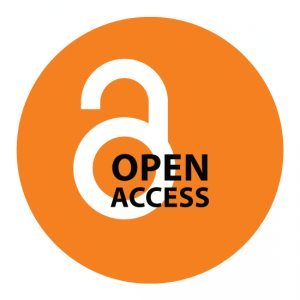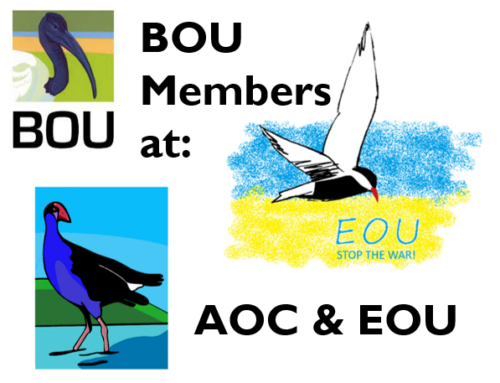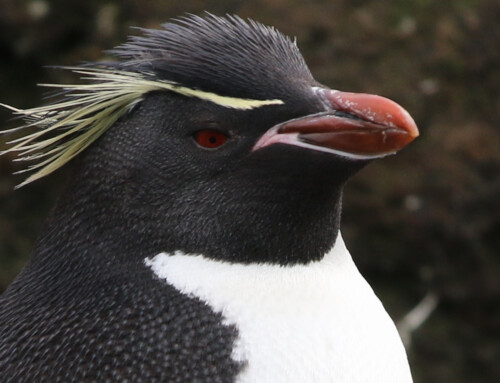Open access to scientific publication is an ideal shared by authors and funders alike. But what implications does this major shift in scientific publishing have for small society journal publishers?
In June 2012, the Finch Report on ‘Accessibility, sustainability, excellence: how to expand access to research publications‘ was published, and the recommendations within the report were immediately accepted by the UK government, with similar intentions being expressed by the European Commission. The report, which was commissioned by the Department of Business, Innovation and Skills, addressed the issue of ‘how to achieve better, faster access to research publications for anyone who wants to read or use them’ and concludes that ‘the UK should embrace the transition to open access’ (the full report is available here)
Open access to scientific publication is an ideal that is shared by authors and funders alike. Increasing the availability of scientific information is clearly beneficial, and the goals of researchers, funders and publishers are to provide science that is both useful and used. However, the transition to open access publication is likely to present very significant challenges for many societies, such as the BOU, which publishes Ibis, the International Journal of Avian Science (www.ibis.ac.uk).
For most journals, the costs of scientific publication are met through journal sales to libraries and, in the case of journals published by learned societies, to members who gain access through society subscriptions. Individual papers can typically also be accessed through a pay-per-view system, many are available from within repositories following embargo periods, and initiatives to provide free or low cost access in Developing World countries have been developed (e.g. Research4Life). In the open access model, publication costs would be met through Article Publishing Charges (APCs) paid by authors. This model therefore relies on funding bodies providing additional resources to cover APCs.
Funding agencies that require open access publication will clearly have to provide the resources to cover these costs, but not all research is carried out with the support of such funding agencies. Ornithology is a good example of a discipline that encompasses both researchers from academic, research and conservation institutes and independent researchers not employed in this capacity, and a great deal of ornithological research takes place with very little or no funding support. It will therefore be extremely important to ensure that these studies continue to be published when APCs cannot be provided by authors. In a world increasingly focussed on metrics such as journal impact factors, limited APC budgets and requirements on researchers to provide open access may also influence the number and type of studies that authors choose to send for publication, potentially introducing an unwelcome publication bias.
Of particular concern to societies is the uncertainty that will be introduced to journal budgets. Access to journal publications is often a key benefit of society membership, and many societies rely greatly on the income generated by journal sales to members and libraries. These resources are used to fund many other activities that are critically important in science development and dissemination, including providing conferences, research funds and facilitating communication and collaboration among researchers. Altering the funding model for journal publishing may therefore have implications for scientific research far beyond journal access. In particular, the length of the embargo period between publication and open access is likely to be key in determining whether libraries and members continue to subscribe to journals. Determining suitable APC conditions and managing the transition to new funding structures will therefore be critically important in maintaining the fundamental role that societies play in the delivery and development of scientific research. Concerns over society journals were considered in the Finch Report, but the clear momentum behind the transition to open access means that societies will have to act with perhaps uncharacteristic speed in responding to these challenges.
Related items
Blog with #theBOUblog
If you want to write about your research in #theBOUblog, then please see here.





